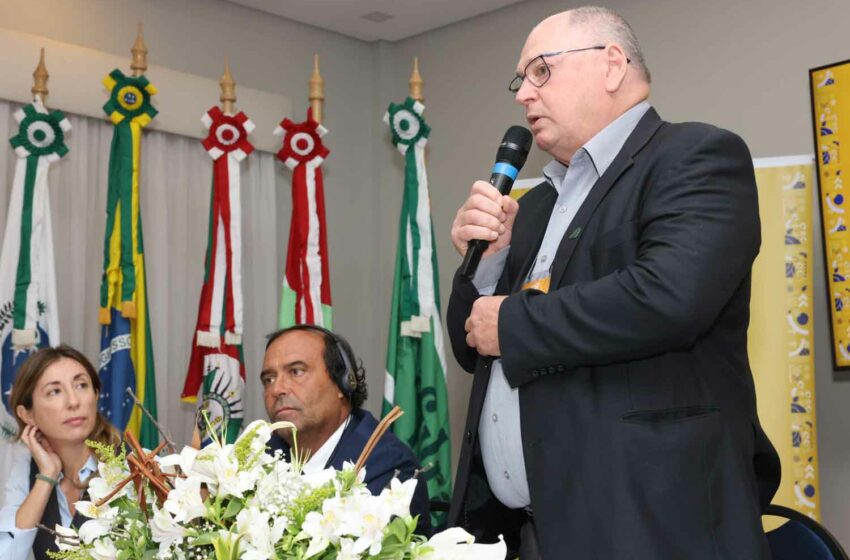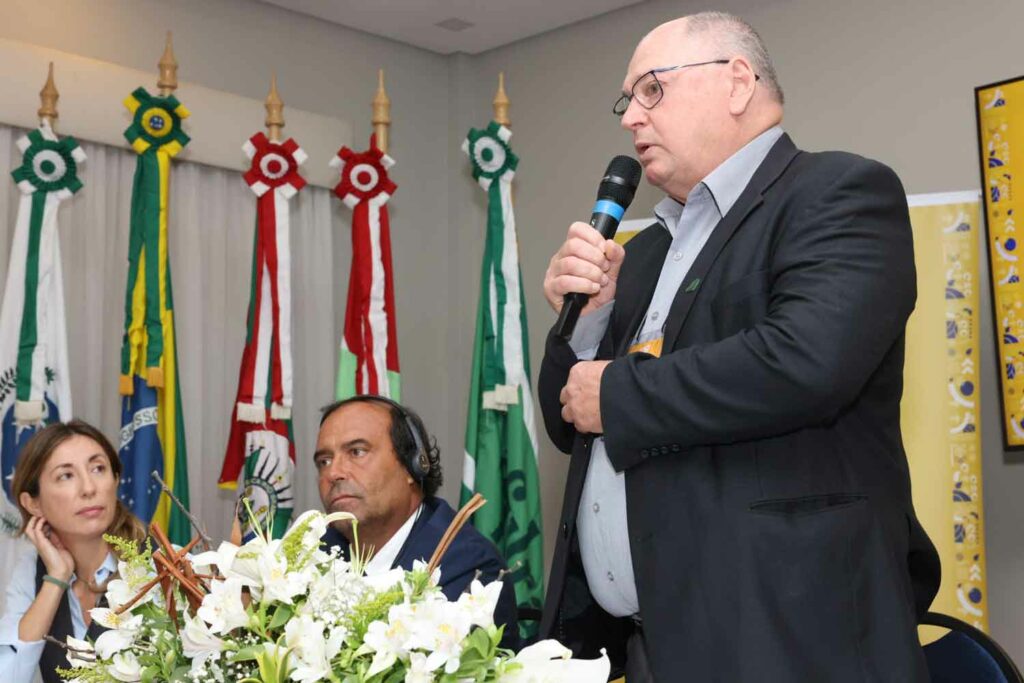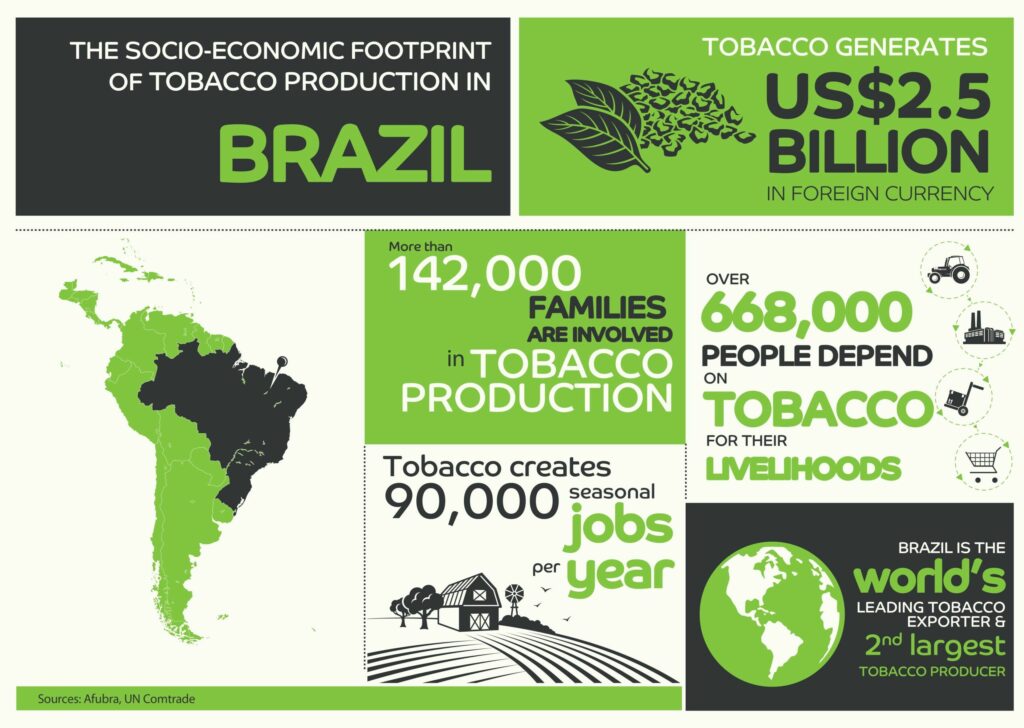ITGA Debates COP at Americas Meeting
- News This Week
- April 9, 2024
- 0
- 3 minutes read


Representatives of the leaf tobacco industry discussed global supply and demand, the economic significance of tobacco, and the repercussions of 10th Conference of the Parties (COP10) to the Framework Convention on Tobacco Control (FCTC), among other topics, during the International Tobacco Growers Association’s (ITGA) 2024 Americas Regional Meeting on March 18 in Santa Cruz do Sul, Rio Grande do Sul, Brazil.
Participants in the gathering were dismayed by the attitude of the Brazilian government delegation during COP10. Brazil has been the world’s leading tobacco exporter since 1993. In 2023, the country shipped 512,000 tons of tobacco, earning $2.73 billion, according to the Ministry of Development, Industry and Trade. Yet despite the economic significance of tobacco, Brazil’s COP10 representatives pushed hard for more restrictions on the sector during the Panama meeting.
“I ask the government not to ignore this important production chain, considering that Brazil is an example to the world in terms of good social, environmental and production practices,” said ITGA’s President José Javier Aranda in Santa Cruz do Sul.
Marcílio Drescher, president the Brazilian tobacco growers’ association Afubra, urged tobacco stakeholders to unite in the face of opposition. “There is no such thing as an isolated tobacco sector and the union between producers and companies is very important,” he insisted.
Helena Hermany, mayor of Santa Cruz do Sul, observed that the narrative that reaches government representatives in the capital, Brasilia, is different from reality. “The NGOs totally distort what tobacco means for the growers, the municipalities and the environment,” she said.

ITGA market analysts Ivan Genov described the prevailing tobacco trends in key markets. One of the highlights, he noted, is that Tanzania aims to overtake Zimbabwe to become Africa’s largest producer. He also called attention to a small reduction in cigarette production and the simultaneous increase in demand for next-generation devices, along with the discussions around the disposal of such devices.
Antônio da Luz, chief economist of the Farsul System, highlighted the importance of agriculture. “Fifty years ago, we had 67 percent of people living in the countryside to 33 percent in the city,” he said. “Since 2010, the urban population has outnumbered the rural population and the estimate is that, by 2050, we will have 70 percent of people living in cities and only 30 percent producing food in rural areas.” In such an environment, Da Luz noted, increasing agricultural productivity will be of key importance.
Iro Schünke, the president of the Interstate Tobacco Industry Union (SindiTabaco), unveiled the results of a 2023 study on the socioeconomic conditions of tobacco growers in Southern Brazil, carried out by the Federal University of Rio Grande do Sul. The average per capita family income of tobacco farmers in the Southern Region of Brazil is BRL11,755.30 ($2,344.35), compared with average Brazilian per capita income of BRL1,625, contradicting the narrative pushed by NGOs that tobacco leaves growers in poverty.

